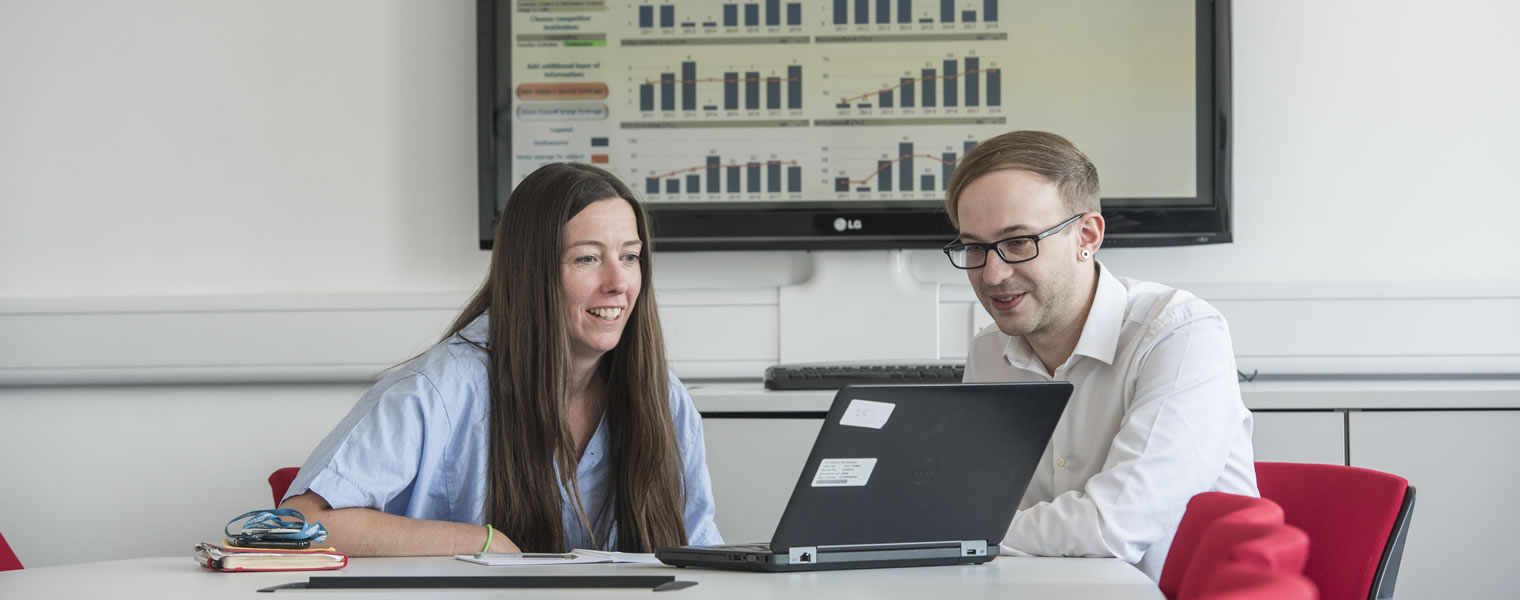Hartley News Online Your alumni and supporter magazine
They are a crucial guide for students when making that all-important decision about where to study, and held up as a measure of how well universities are performing against a range of markers.
So it is no surprise that improving Southampton’s position in league tables is a key aim of the University’s strategy.
The ‘Simply better’ strategy is a blueprint for improving in all areas; from the richness of the student experience, to giving our academics the right environment in which to produce their best research. If we deliver the strategy, say the leadership team, a rise in our league table performance will naturally follow.
According to Professor Alex Neill, Vice-President (Education), the strategy has been developed at the right time to galvanise the University community into raising its game.
On recent league table performances, Alex says: “We certainly shouldn’t panic about this. We had anticipated that it would happen.
“This is a stark reminder that we really do have to get behind our strategy. The good news is that it is eminently possible to improve our position.”
Understanding how data from the University is used in league tables is the job of the Institutional Research team including Kitty Brown and Pete Clarke. Their role is to study what information is used and how it can be impacted.
The metrics that are used to formulate domestic league tables are closely related to each other, with a focus on National Student Survey (NSS) results, entry tariffs and higher education data and analysis (HESA).The NSS carries the biggest weight in The Guardian league table, valued at 25 per cent of the metric contribution, with entry tariffs, career prospects and student-to-staff ratio each adding just over 16 per cent to the metric make up.
The NSS carries the biggest weight in The Guardian league table, valued at 25 per cent of the metric contribution, with entry tariffs, career prospects and student-to-staff ratio each adding just over 16 per cent to the metric make up.
Value Added is the other significant area. This formula essentially predicts what degree a student should leave with, based on their entry level.
An improvement in our NSS performance will have a direct effect on our league table position and so a re-focus on the student experience is at the heart of the strategy, alongside addressing the current entry tariff.
Alex says:
“The NSS is completely within our power to change; if everybody engages with the strategy then we will see that lead to an improved position.”
“Our recent league table rankings are largely a reflection of our recruitment strategy in 2015 and our performance in the NSS. We have done exactly the right thing by adopting a strategy that says ‘Simply better’. The education strategy focuses very much on the quality of the experience of students and if we deliver that work we will see our NSS performance and our student entry tariff improve. And we will see ourselves going back up the league tables where we really belong.”
Alongside this, we aim to provide the best environment for academics to produce the world-leading research that Southampton is globally renowned for. In practical terms this means freeing up time for academics to focus on what matters.
Alex outlined how course organisation and timetables could be better designed to work more productively for staff and students, while focusing on the amount of assessment that our programmes involve.
Enhancing the research-intensive environment in which academics work is also a key goal under the strategy, as international league tables rely heavily on academic reputation.
The QS league table is largely based on surveys conducted among academic and employer communities which is deigned to gauge impact of research and reputation. It is enhancing that reputation particularly among the international community, by nurturing relationships with peers and upping citations rates that will improve our position in the world rankings.
Although we are already engaging with the strategy, the impact of it will not be seen externally in league tables for years to come due to a time lag between the data published in the tables and the academic cohort it refers to.
Moving from a vision of growth, which saw entry tariffs decline and an increase in student numbers, to a strategy of sustainability and enhanced quality will not lead to an immediate change in some of the league table metrics, but the aim of the strategy is to underpin long-term success on a solid foundation.
Alex says: “Our strategy is about sustainability, about investing in our estate and investing in our people. It is also about quality and wanting to be better. I don’t think anyone would argue with that. It seems to me that this strategy is very simple and very clear and if we all commit to it, the University will indeed get simply better.”
The Institutional Research team has been staging a number of presentations across departments outlining how league tables work and how they can be influenced. For more information email insres@southampton.co.uk


